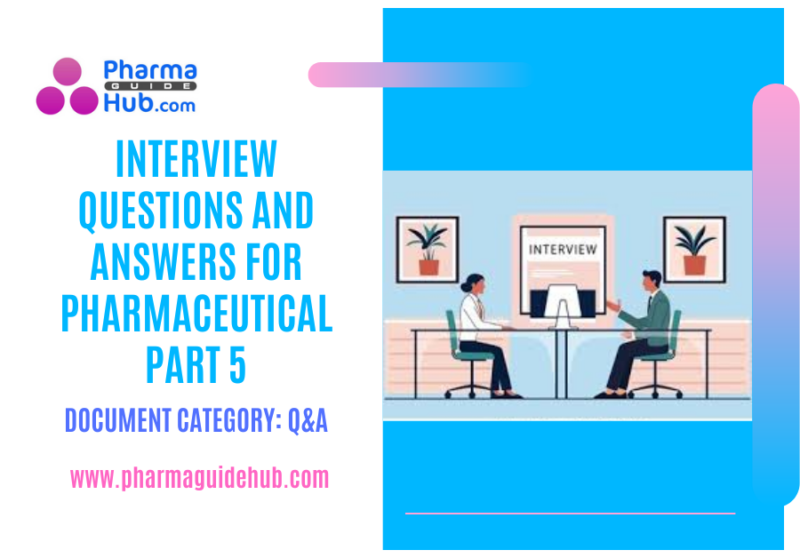Que 1: What is tablet manufacturing?
Answer: Tablet manufacturing is the process of making solid forms of medication called tablets. This involves compressing a mixture of active ingredients and excipients. Tablets are designed to deliver medicine effectively.
Que 2: What are excipients in tablet production?
Answer: Excipients are inactive ingredients added to tablets to help with their structure and stability. They can assist in binding the tablet or improving its flow. They are essential for making tablets easier to produce and consume.
Que 3: What are the main stages of tablet production?
Answer: The main stages include weighing and mixing the ingredients, forming granules, compressing the mixture into tablets, and applying any coatings. Each step is crucial to ensure the final product is effective and safe. Proper execution of these stages leads to high-quality tablets.
Que 4: What is granulation?
Answer: Granulation is a process that turns powder into granules, making it easier to form tablets. This step helps improve the flow and compression of the powder mix. It’s important for ensuring uniform tablet size and weight.
Que 5: What is the purpose of tablet coating?
Answer: Tablet coating protects the tablet and can control how the medicine is released in the body. It can also improve the tablet’s appearance and make it taste better. Coatings help ensure the medication works effectively after ingestion.
Que 6: What are the types of tablet coating?
Answer: Common types of tablet coating include sugar coating, which adds sweetness; film coating, which gives a thin protective layer; and enteric coating, which protects the tablet from stomach acid. Each type serves different purposes in terms of protection and delivery. The choice of coating depends on the medication’s needs.
Que 7: Why is tablet hardness important?
Answer: Tablet hardness is important because it affects how well a tablet withstands handling and transportation. A harder tablet is less likely to break or crumble. However, it must also dissolve at the right rate in the body for effective treatment.
Que 8: What is dissolution testing?
Answer: Dissolution testing measures how quickly and completely a tablet dissolves in liquid. This helps ensure the medication will be effective when taken. It’s a key part of quality control in tablet production.
Que 9: What is disintegration in tablets?
Answer: Disintegration is the process by which a tablet breaks down into smaller pieces after ingestion. This is essential for allowing the drug to be absorbed in the body. A tablet that disintegrates properly ensures the medication can work as intended.
Que 10: What role does quality control play in tablet production?
Answer: Quality control ensures that every tablet meets safety and effectiveness standards. This involves checking the ingredients, production processes, and final products. It is crucial for maintaining consumer trust and regulatory compliance.
You can also read:
Interview Questions and Answers for Pharmaceutical (Part 1)


